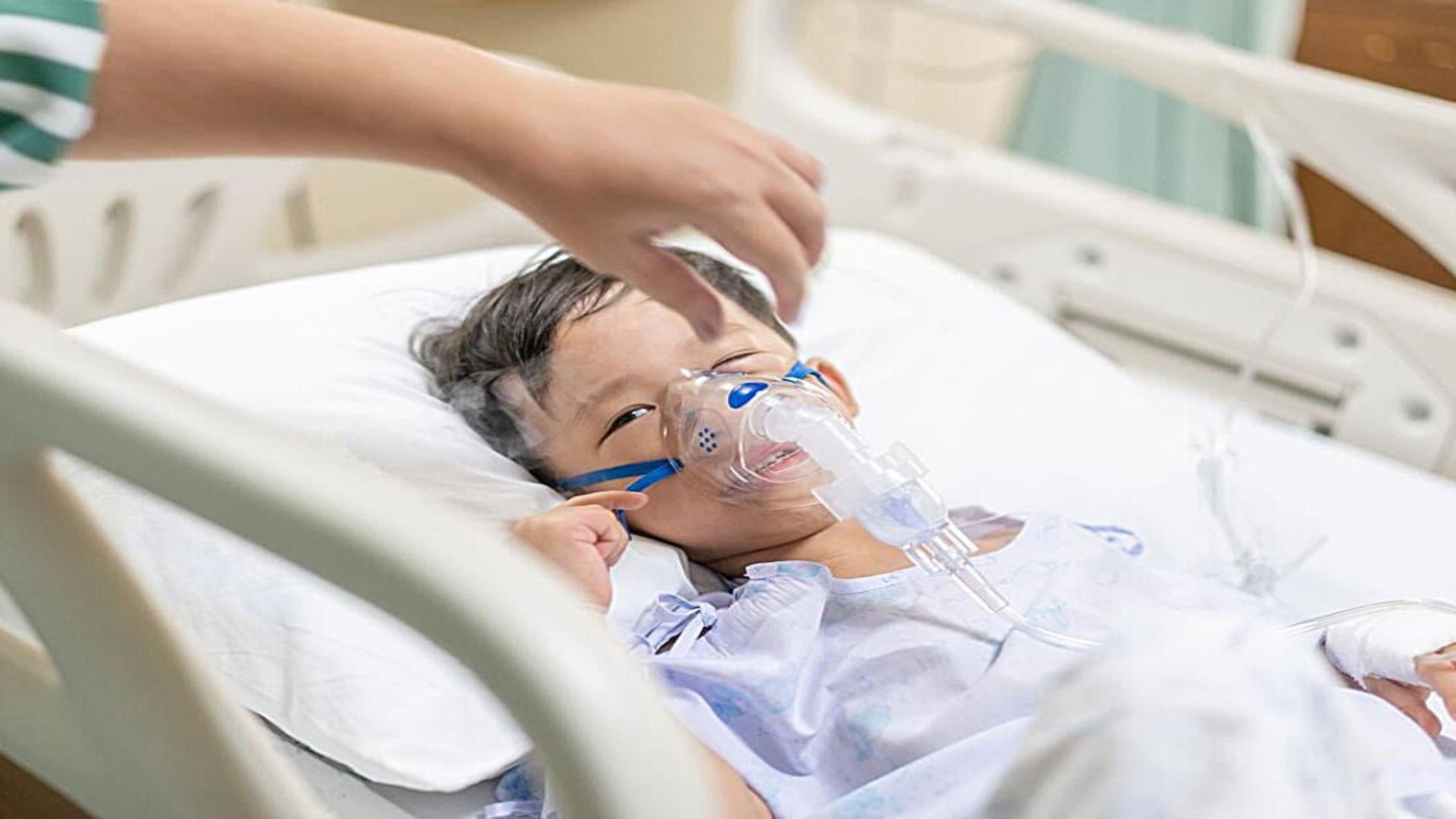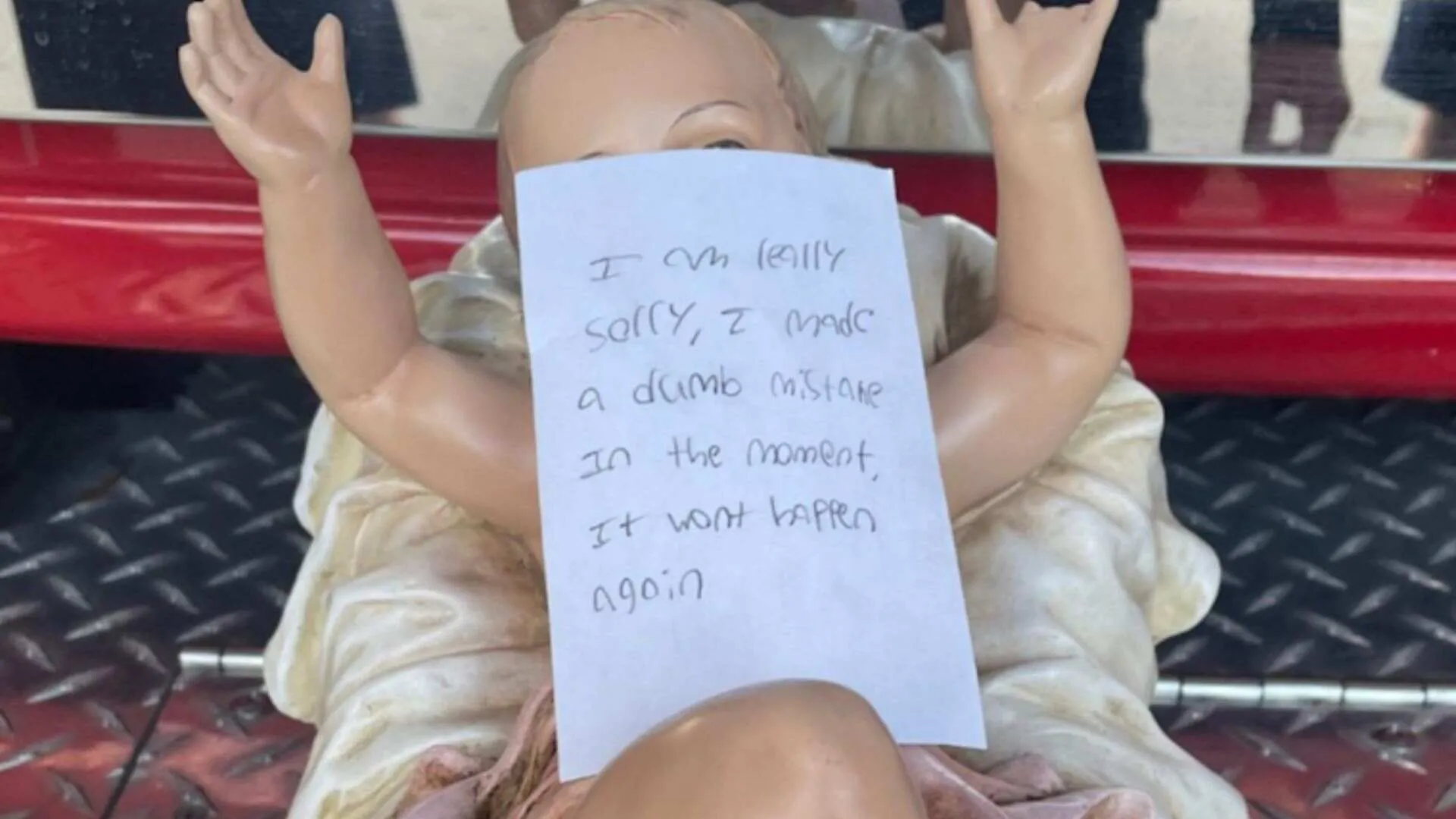Cases of infections from Mycoplasma pneumoniae, the bacteria behind “walking pneumonia,” are on the rise across the U.S., with young children and teens being particularly affected. Known to spread through coughing and sneezing, the bacteria cause milder respiratory symptoms than typical pneumonia. However, the CDC reports that the increasing rate among children, especially those aged 2 to 4, is unusual and troubling.
The illness, often called “walking pneumonia,” allows patients to continue daily activities despite symptoms like fatigue, dry cough, and fever that can persist for weeks. Many parents find the slow recovery process frustrating due to the prolonged nature of the illness. Identifying Mycoplasma pneumoniae can be challenging and costly to test, making it difficult for healthcare providers to diagnose. More young children have been diagnosed after presenting pneumonia-like symptoms in emergency rooms.
Experts link the spike to post-pandemic factors and better testing. Historically, infections rise every three to seven years, although the reasons are unclear. After Covid-19, a rise in other respiratory illnesses was expected due to lifted restrictions like social distancing. However, infection rates are now above pre-pandemic levels, particularly among young children, according to Dr. William Edens from the CDC, as reported by The New York Times. Dr. Edens suggests that reduced exposure to bacteria during pandemic lockdowns may have left some children without immunity.
Improved testing capabilities may also be contributing to the higher reported cases. Though most infections remain mild, some patients develop prolonged “chest colds” that worsen over weeks. Severe cases can lead to headaches, ear pain, rashes, and complications like asthma attacks, kidney issues, or brain swelling, particularly for those with weakened immune systems.
Antibiotics like macrolides are typically used for severe cases. While no vaccine exists, practicing hygiene measures such as handwashing and covering coughs and sneezes can help curb the spread of Mycoplasma pneumoniae.













